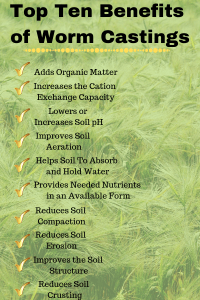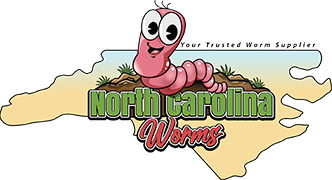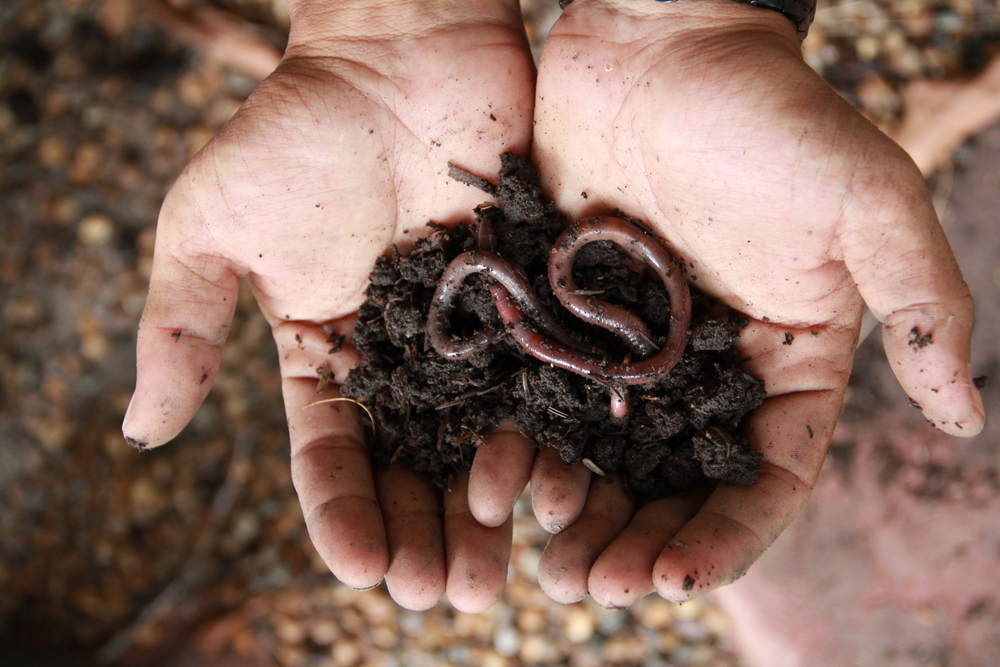The smart Trick of North Carolina Worms That Nobody is Discussing
Table of ContentsWhat Does North Carolina Worms Do?Some Known Details About North Carolina Worms 9 Easy Facts About North Carolina Worms ShownA Biased View of North Carolina WormsWhat Does North Carolina Worms Mean?
Much of the research that has actually been done has actually been brought out in southern Australia, where the climate and dirts are quite various to the NSW North Coast. Lake James Bait. The principles developed from research study on earthworm ecology can be used typically to the majority of dirts and climates.In zero-till dirts, where worm populaces are high, water infiltration can be up to 6 times better than in cultivated dirts. Earthworm casts cement soil particles with each other in water-stable accumulations.
There was a close connection between pasture productivity and complete worm weight, with some 170 kg of worms for every tonne of yearly completely dry issue production. Due to the fact that earthworms do not like soil that is also acid, alkaline, completely dry, wet, hot or chilly, their presence is a good indicator of soil conditions appropriate for plant development.
Excitement About North Carolina Worms
Scientists have found that after 4 years, zero-tilled paddocks had twice as numerous worms as grown dirts. Superficial farming might not impact worm numbers.
If you do not have several earthworms in your soil, present some of the methods defined above. Cut field sods from locations with high worm populations and move them to worm-free areas.

As we've chatted regarding in the past, soil that is high in natural matter is able to hold on to means more wetness than deficient soil. They also like loam, and temperatures in between about 50 65 degrees.
About North Carolina Worms
Worms decrease dirt compaction. As worms tunnel into your dirt they open networks through the dirt, developing pores where there when was dirt hard masses. Worms aid in dirt oygenation. Think about the procedure of aerating a lawn you drill out little bits of soil in order to make more room for air.
When worms dig furrows, they produce excellent little waterslides to deliver water deep below. Worms neutralize pH. When they consume and process your soil, their excrement is provided neutral in the process.

Their excrement is chalk-full of beneficial microorganisms that assist to break down organic issue in the soil. Worms consume nematodes.
Depending upon your soil kind, there are many nutrients that are not ready to be taken up by plants. Worm spreadings teem with easily available nutrients such as nitrogen, phosphorus, and potassium. Taking every one of these elements into factor to consider, what's not to love about earthworms? Follow the guidelines that will certainly lead you to having healthy and balanced soil, then watch the worms appear, and have a look at what they include in the soil in time.
Unknown Facts About North Carolina Worms
Vermicomposting definitely isn't a brand-new technique. We've been doing it below at Uncle Jim's for years. Yet with the international promote sustainability and with environmentally friendly methods growing in appeal, individuals are lastly happening and acknowledging the ecological benefits of red wiggler worms and composting. In this post, we'll talk about just how vermicomposting supports lasting horticulture and the environmental benefits of red wigglers and other earthworms.
This is the except it. If you wish to review in-depth about red shakes, we have a whole short article devoted to them right here. Now, let's obtain right into the nitty-gritty of how these worms sustain lasting gardening techniques and benefit the setting: Worm composting resembles a health club day for your dirt.
When included right into your garden soil, these spreadings enhance its structure, oygenation, and water retention. This assists with plant development and wellness and does not need the usage of any type of chemicals. Did you know that natural waste makes up a considerable portion of land fill material?
The Of North Carolina Worms

Comments on “Little Known Facts About North Carolina Worms.”